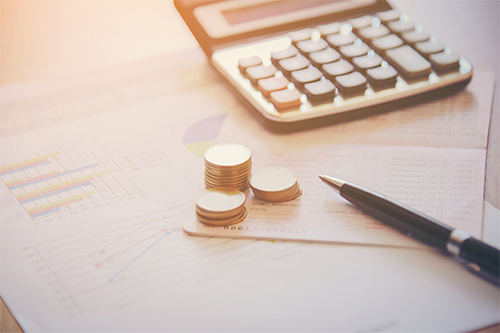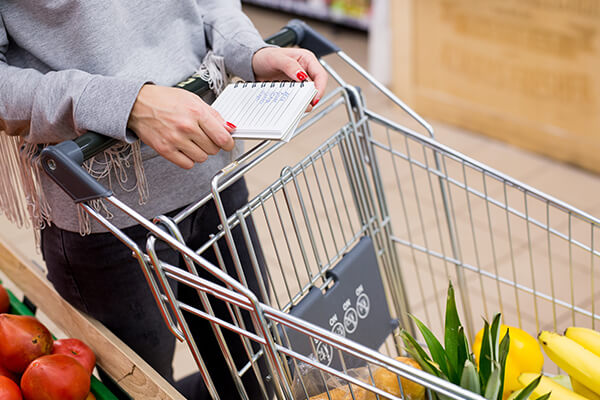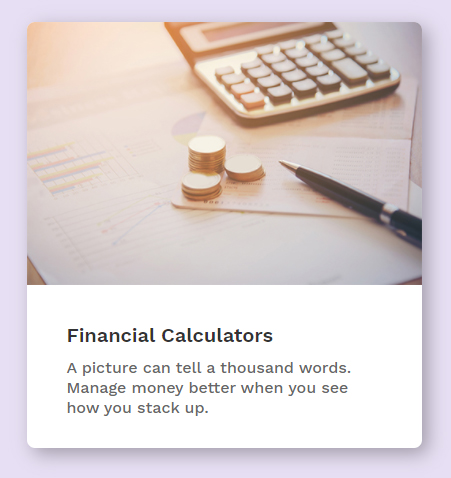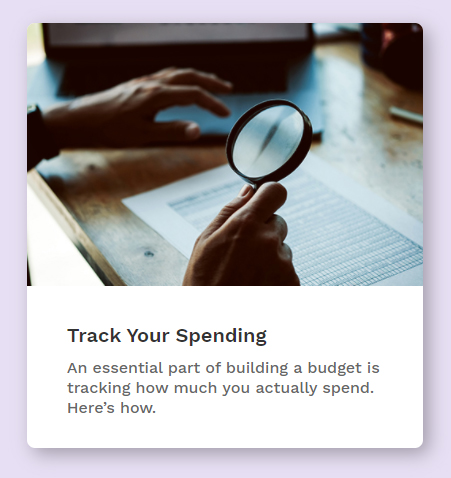Grocery Shopping Tips
Some helpful hints to keep you on budget.
Grocery Shopping Tips That Will Save You Money
Learn how to stick to your grocery budget and still get all the food you need to stay healthy.
Make Wise Choices
- Shop on a full stomach – you’ll buy less snacks and/or things you don’t usually buy (and only buy groceries, not gifts, at the grocery store!)
- Go armed with a list – and stick to it (especially if your kids are “helping”)
- Plan your meals for the week before you shop and then buy what’s on the menu – start with planning for 3–4 days if all week seems too much
- Shop only once a week – you’ll tend to spend more if you stop at the store every day or several times a week
- Shop when you have energy and aren’t worn out from a busy day – it’s easier to focus and make wise choices when you’ve got energy and aren’t preoccupied
- Return your bottles and cans for the deposit that you paid
- Shop in familiar stores when you’re tired, stressed or in a hurry – you’ll find what you need and be able to get finished quickly
Plan Ahead
- Plan meals so that you have leftovers for lunch the next day – or freeze leftovers for a quick meal another day
- Package your own treats, juices and snacks – buy the large package and box of baggies and make your own individually wrapped packages to grab on the run
- Buy less canned and packaged convenience foods – also shred your own lettuce and cheese (cheeses often freeze well too!)
- Clean out your fridge and cupboards once a month – use up what you bought
- Organize your food storage cupboards and drawers – if you don’t know what you have or can’t find what you bought, you’ll end up buying more of the same unnecessarily
- If you stock up, watch expiry dates and package the food to preserve it as long as needed
- If you buy large packages or meat, pre–cook or marinate it and then freeze it to speed up meal times – if you know you’ve got food ready at home, it’s less tempting to eat out
- Spend some time once a week washing and/or cutting up fruit and vegetables – this will speed up dinner and lunch preparations and provide healthy snacks that are ready to go
Shop and Save
- Don’t buy snacks on the run – they are often less healthy and more expensive
- Get creative and try new foods – you may find less expensive food that you enjoy as well!
- Shop with a calculator and add things up as you put them in your cart – it will help you stick to your spending plan
- Learn how to cook or bake – hit up a family member for help or take a class
- Buy non–food grocery items like detergent or garbage bags at a discount store
- Only buy what you need and can afford; 3–for–1 is only a good deal if you can use three
- Price check and shop around for discounts on items you buy regularly
- Remember that smaller sizes can sometimes be a good deal
- Don’t automatically overlook no–name or store brands
- Even if it’s “on sale,” it’s only a good buy if you will use it!
Do you have questions?
Get debt help now
If you're struggling and are wondering how to move forward, give us a call. We're happy to answer your questions and help with any financial advice you need. It's possible that all you need at the present time is the right information or a plan for how to move forward once your situation improves. Give us a call if you have any questions. Speaking with us is always free, confidential and non-judgmental.
Related Topics

Getting Rid of Debt
We’re happy to help you figure out your options. There are more than you might think.

Financial Calculators
A picture can tell a thousand words. Manage money better when you see how you stack up.
Track Your Spending
An essential part of building a budget is tracking how much you actually spend. Here’s how.



